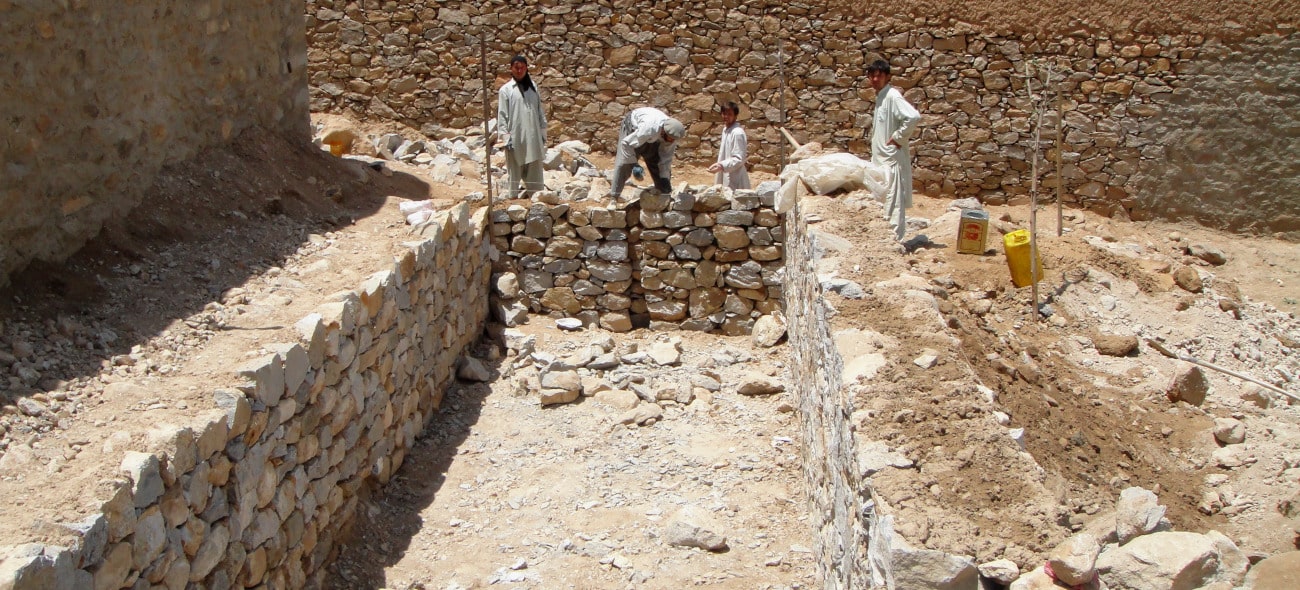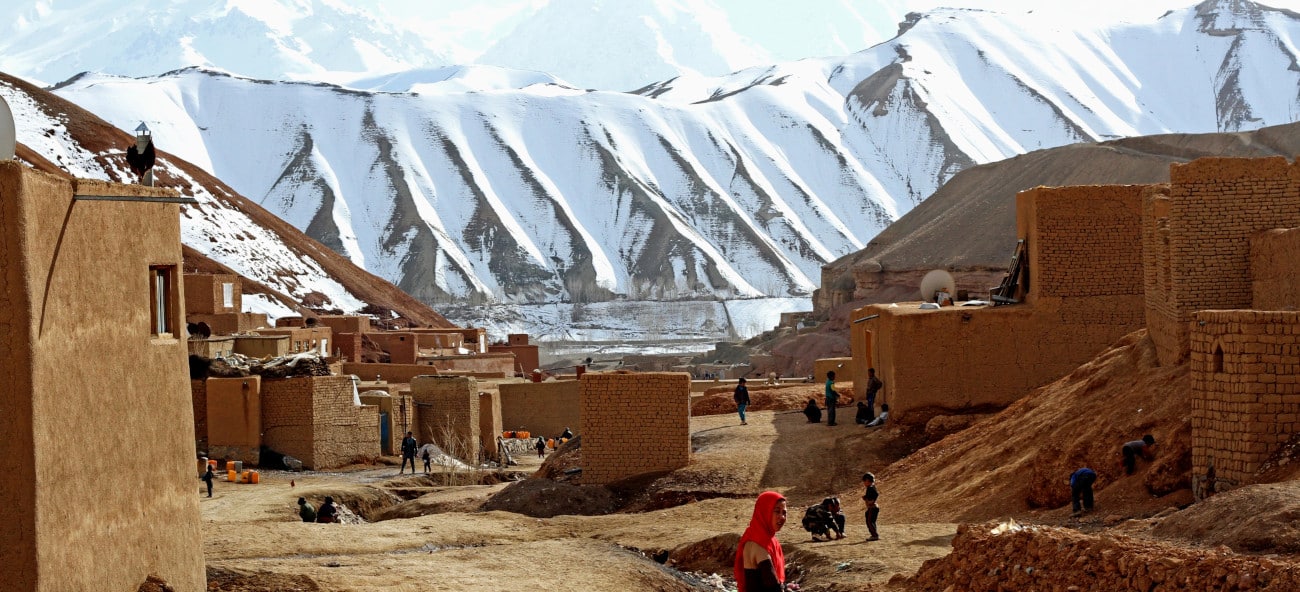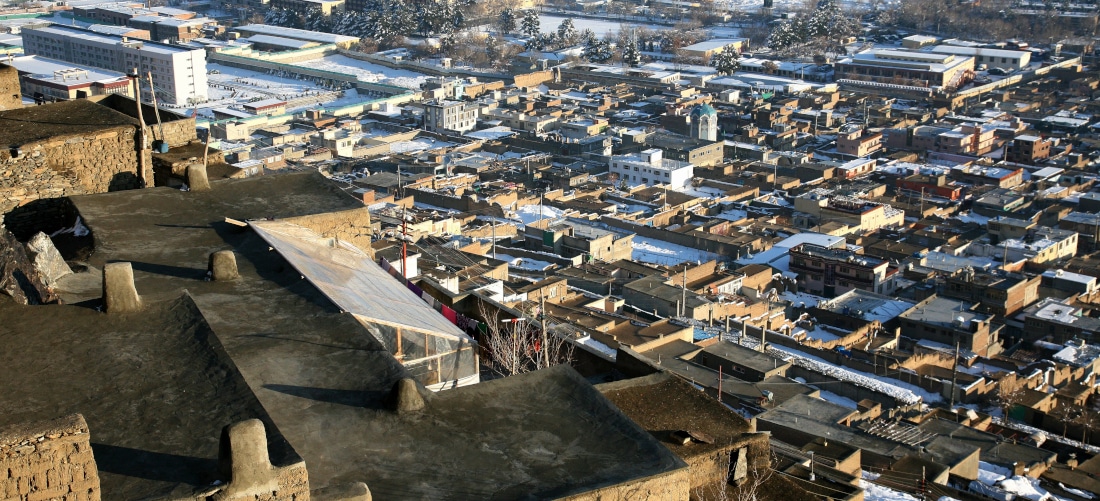Afghanistan
CONTEXT AND CHALLENGES
Afghanistan is a country hosting more than 30 million inhabitants on 652 868 km2 of land. Except for the arid or semi-arid lowlands, most of the country has a harsh subarctic mountain climate with dry and cold winters. Decades of war have destroyed most of the country’s infrastructures and largely empoverished its population.
From 2002 onwards, reconstruction efforts accelerated, especially in major cities. This combined rapid construction and the urgent needs of the population drove the afghan government and international partners to build at a fast pace but low standard buildings with strong energy losses.
The capital city Kabul has witnessed a massive rural exodus and fast urbanization over the last decade.
Although there is no recent census available, estimates show the population of the city rose from less than 1 million in 2002 to around 5 millions in 2018.
Aware of the issue, the Afghan government with the support of international partners, has developed a set of building energy efficiency provisions incorporated in the building code together with conducive policies. However, the implementation and enforcement of those provisions will take time, especially in regards to the political instability and volatile security context.
In reality, recent assessments of Geres show that most if not all constructions are made without concern on energy efficiency. As a result, the energy consumption of the housing sector is very high, leading to low thermal comfort and high pressure on the income for their inhabitants. Comparative high fuel consumption and costs further leads to energy poverty for the poorer households.
Furthermore, an estimate of 90% of Kabul population rely on fossil fuel such as wood, coal, sawdust and charcoal for heating, strongly contributing to air pollution and GHG emissions.
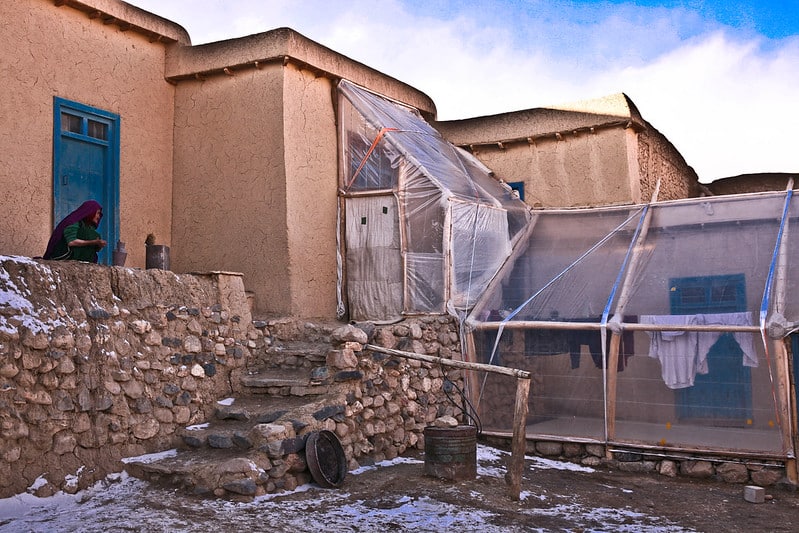
Geres in Afghanistan
With over 30 years of development assistance and the related technical expertise gained in cold countries across Asia, Geres has been first involved in Afghanistan in 1995. Since the, Geres has been able to unfold a set of validated technology and methods in Afghanistan given its specific climatic zones, taking into account the country’s high level of climate change risk profile and the strong potential for solar energy.
Since 2002 in Afghanistan, Geres has developed locally-adapted technologies, and closely supported the structuring of a sustainable private sector allowing a large-scale dissemination of energy saving solution such as:
- passive solar building architectures,
- thermal insulation,
- improved stoves/kitchens
- renewable energy solutions such as solar cocker and biogas digesters
Geres has in a more rural set-up also been leading technical improvements for the agriculture and vegetable production sector , by designing and building hundreds of solar passive greenhouses and bioclimatic cellars in several provinces of Afghanistan, allowing farmers to increase their production season and productivity and being less dependent on seasonal market prices.
Looking at maximalising value chain integration, Geres currently aims to enhance sustainable socio-economic development targeting energy efficiency products and solutions by the following the below mentioned strategy:
- Generate demand for Energy efficient or renewable energy technologies through awareness-raising campaigns
- Support the creation, availability and access to finance and specifically green loan packages for energy saving solution in the construction sector
- Develop a lasting demand among the population and further ensure technologies’ affordability, and proven social acceptance.
- Strengthen private sector’s small entrepreneurs through technical, business management, and marketing support in order to efficiently respond to the demand in energy saving solutions
- Structure artisans and SMEs for further uptake and business development of the value chain
Geres in Afghanistan works with a large network of stakeholders, and in partnerships with local and international NGOs. These stakeholders encompass 3 main categories: the Afghan government to seek uptake and institutional long term acceptance and support (Ministry of Energy and Water, Ministry of Rural Rehibilitation and Development, Ministry of Agriculture Irrigation and Livestook, Kabul Municipality, Ministry of Public Health, Ministry fo Education), international NGOs (Solidarity International, MADERA… ) to maximise complementarities of approaches and comprehensive assistance in other key sectors and national NGOs Rural Movement Organization, Afghanistan Microfiance Association to ensure long term sustainability of the value chains and approache.
Over the last 15 years of intervention, more than 300 public buildings and more than 6000 houses have been equipped with energy saving solutions and hundreds of technician and artisans were trained with the support of Geres.
More than one million of people have been informed and made aware about energy saving solutions, the challenges of climate change and energy consumption through large awareness campaign.
Geres actions have been made possible with the kind financial and programmatic support of AFD, EU, Fondation Abbé Pierre, French Global Environment Facility and Japan Embassy
Geres’ projects in Afghanistan
Geres news in Afghanistan
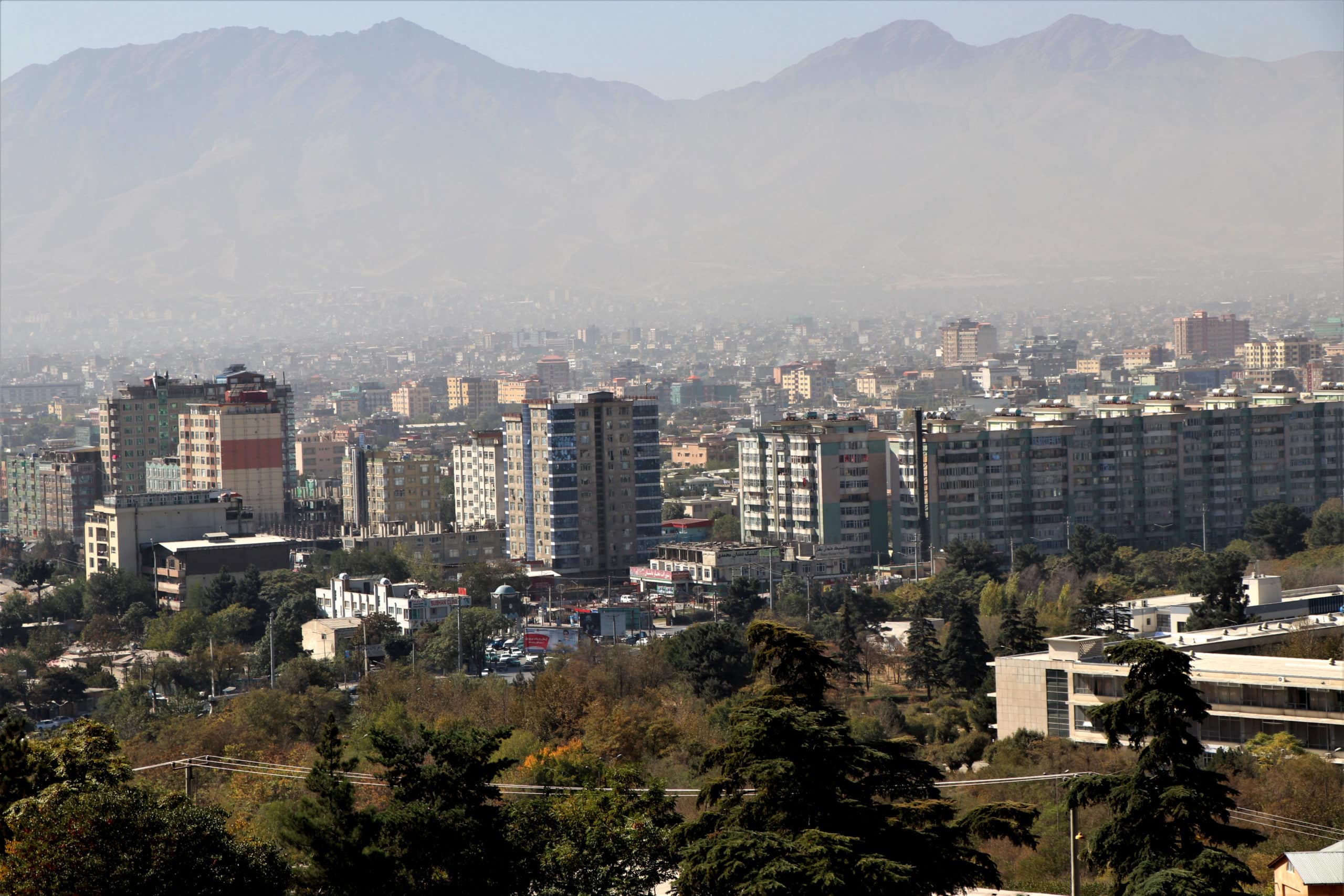
1,200 more homes in Afghanistan to benefit from energy solutions by 2022
In Kabul and Badakhshan region, Geres and its partners have launched a new project to equip 1,200 homes with energy-efficient ...
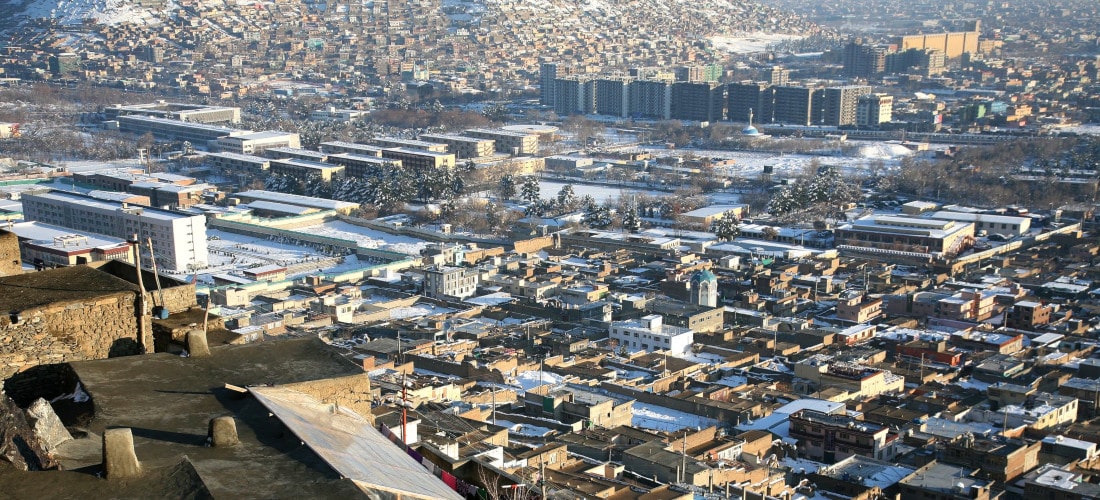
Geres organizes its first conference on energy poverty, climate change and air pollution in Afghanistan
As part of our "Kabul Green Homes" program, Geres Afghanistan and the National Environmental Protection Agency (NEPA) have organized a ...
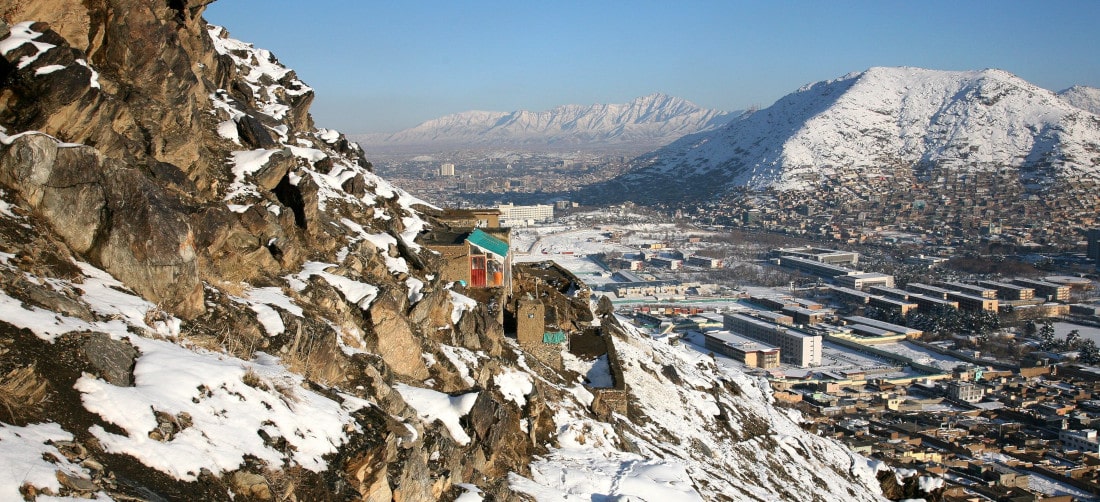
New awareness meeting organized by the Kabul Green Homes project team
After a long break, due to COVID 19 pandemic and announced quarantine, the Kabul Green Homes Project team finally managed to organize ...
WOULD YOU LIKE TO TAKE ACTION
AND SUPPORT WHAT WE DO?
Tell us who you are and find your means of action.

